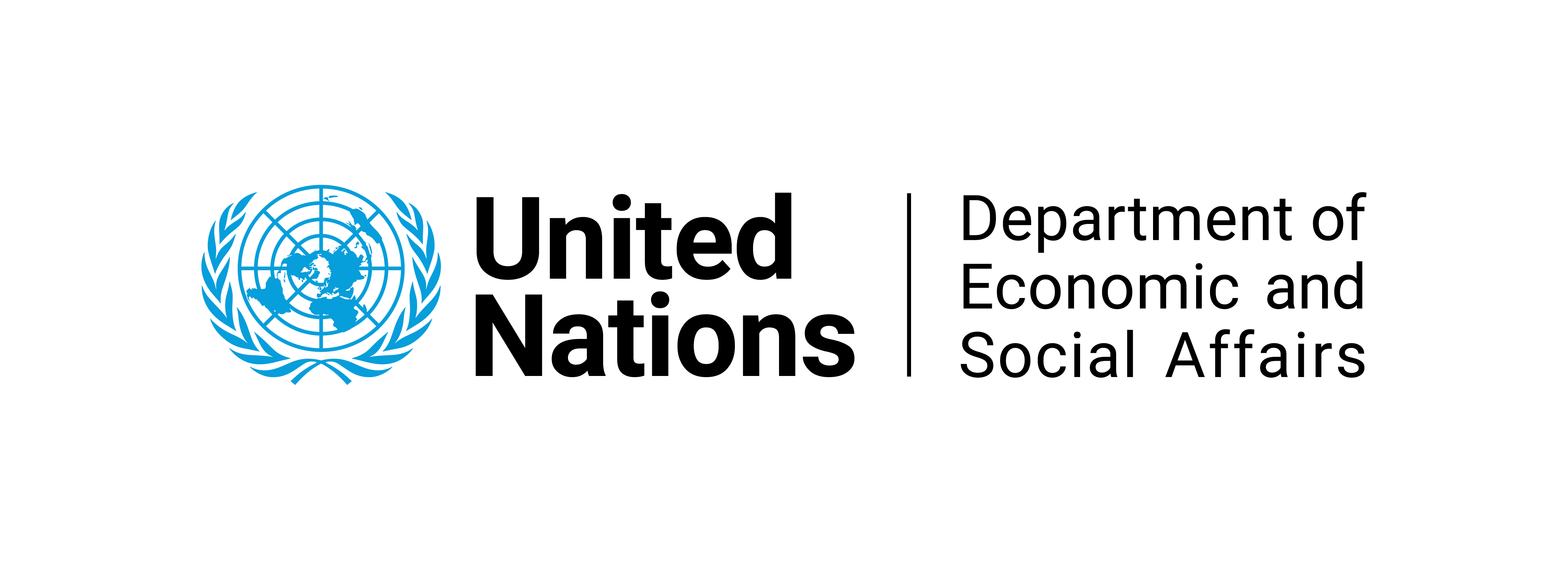3.5 Certification and branding of official statistics#
3.5.1 Certification#
All statistics produced by national authorities might not comply with the UNFPOS and have the quality necessary to be termed official statistics. Such ‘unofficial’ statistics will continue to be produced outside statistical legislation and, in many cases, made public by the competent authorities that are not producers of official statistics. In some cases, statistics made public by a producer of official statistics may also not fully comply with the UNFPOS. Thus, it is useful and good practise to implement mechanisms that differentiate between statistics which are considered official from those which are not, regardless of whether they originated from a producer of official statistics.
Typically, such mechanisms should be based on clear criteria and principles, based on the national law on official statistics and/or a national code of practice, based on transparent criteria and in line with available international principles. Multiannual and annual work programmes for official statistics will generally serve as a basis for certifying producers and products considered official statistics.
Statistics Lithuania:
The activity of Statistics Lithuania is guided by a specific regulation (🔗) approved by the Government of the Republic of Lithuania. In line with its responsibility, Statistics Lithuania applies the following criteria, which are assessed before granting the status of other producer of official statistics and before including statistics into the Official Statistics Work Programme:
The institution must be a public authority;
The institution must have been formally given the responsibility to produce specific statistics at the national level; the responsibility to produce specific statistics has to be laid down in legislation;
The institution has a responsibility to produce specific statistics, for instance, those required by EU legislation;
The institution has the capability and commitment to comply with the European Statistics Code of Practice.
Statistics Lithuania signs bilateral agreements with other producers of official statistics, which allow gaining personal commitment of the top management of the producers of official statistics and ensuring awareness and execution of the European Statistics Code of Practice. The agreements include a commitment by the producers of official statistics to:
Adhere to the principles of the European Statistics Code of Practice and to establish measures for the implementation of the provisions;
Provide information to Statistics Lithuania for the Official Statistics Work Programme and to report on its implementation;
Harmonize statistical data collection questionnaires with Statistics Lithuania;
Harmonize statistical methodologies with Statistics Lithuania;
Monitor and assess labour and other costs incurred by respondents in relation to statistical data collection and implement their reduction measures;
Ensure the confidentiality of statistical data collected for official statistical purposes;
Ensure the accessibility of statistical indicators and metadata on the Official Statistics Portal;
Provide statistical data to Eurostat according to agreed schedules;
Cooperate with Statistics Lithuania on the development of official statistics.
Guest working paper by Steve MacFeely and Bojan Nasta:
An approach to certify unofficial statistics, especially for the use in the context of Sustainable Development Goals (SDG), is discussed in “You say you want a [data] Revolution” A proposal to use unofficial statistics for the SDG Global Indicator Framework (🔗)
3.5.2 Branding of official statistics#
The concept of ‘branding of official statistics’ is not used very often. In most cases, the focus is on ensuring the high quality of official statistics. This will be discussed further in Chapter 7 - Quality Management.
It should also be noted that the perception of the NSO and other producers of official statistics as independent and professional organizations is a critical aspect in providing a positive image of official statistics as having high quality.
In this section, some examples will show the possibility to design some statistics as official by using a specific logo, generally based on formal procedures.

The UK Statistics Authority:
The UK Statistics Authority (🔗) differentiates between three types of statistics (called ‘official statistics’ in the UK context) produced by public bodies:
National Statistics (which in the terminology of this Handbook will be “official statistics”), which have been assessed by the Office for Statistics Regulation as fully compliant with the (UK) Code of Practice for Official Statistics. For a complete list of all National Statistics, see the list maintained by the Office for Statistics Regulation. Accredited National Statistics use the following quality mark:
Experimental statistics, which are newly developed or innovative statistics. These are published so that users and stakeholders can be involved in assessing their suitability and quality at an early stage.
Statistics that have not been assessed as fully compliant with the (UK) Code of Practice. A register of the designated statistics is maintained by the Office for Statistics Regulation.
SCB Sweden:
Statistics Sweden (🔗) uses a label for Official Statistics when published. There are some general requirements for a statistical product to be given that label, whether produced by Statistics Sweden or by one of the many other authorities producing official statistics.
According to the law (Official Statistics Act (2001:99) and Official Statistics Ordinance (2001:100)), official statistics must be for general information, investigation and research. The statistics are to be objective and made available to the public. Statistics Sweden is responsible for coordinating the system for official statistics. It is further stated that when official statistics are published, they are to be labelled as Official Statistics of Sweden or have the symbol.
Official Statistics Authority France:
The Official Statistics Authority (ASP) (🔗), has been put in place, linked to the French Statistical Office, INSEE, (🔗) ensure the independence and the quality of official statistics and to oversee the compliance with international and national codes of practice.
The term “official statistics” (statistique publique) includes all material generated by statistical surveys, as specified in the list determined every year in a ruling by the Ministry for the Economy, and the use of data collected by government administrations, public or private bodies with a public service role for purposes of general information.
The design, production and dissemination of official statistics are conducted with full professional independence by the official statistical system, and by producers approved by the National Council for Statistical Information (CNIS) or the Official Statistics Authority (ASP).

Irish Statistical System Code of Practice:
In Ireland (🔗), a code of practice for compilers of official statistics in the Irish Statistical System (ISS) has been introduced to assess national official statistics that are not part of European Statistics.
The CSO director develops a list of official statistics with each public body that produces statistics within the ISS. These statistics will be assessed against the Code. Only those statistics that are assessed as compliant with the Irish Statistical System Code of Practice (ISSCoP) will be designated as official statistics and may be published under the ISSCoP Logo.


